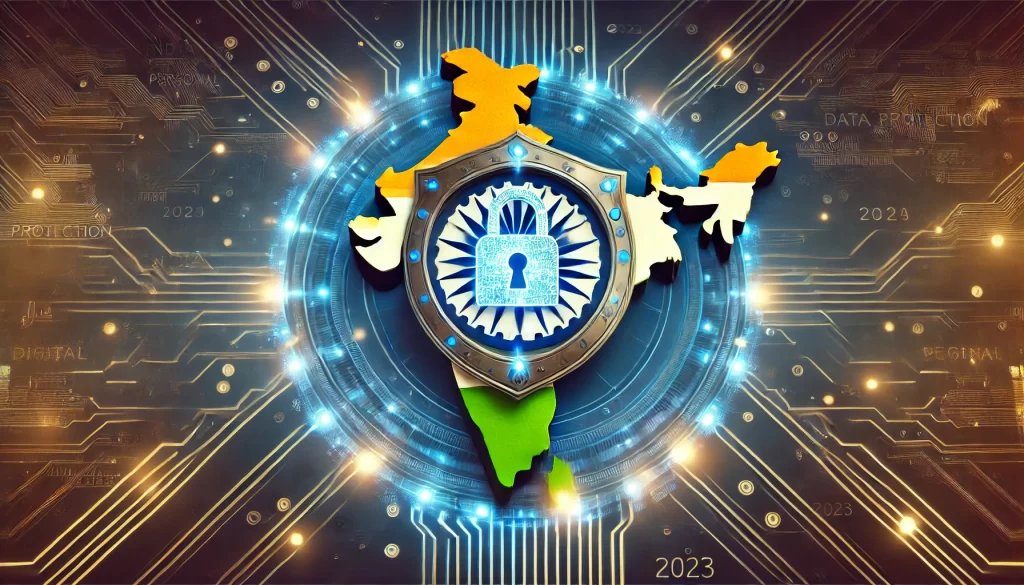By: Adv Arjun Goel, Director Agreya Legal
In an era where data is often hailed as the new oil, India has embarked on a transformative journey with the enactment of the Digital Personal Data Protection Act, 2023 (DPDPA-2023). This landmark legislation signifies a robust commitment to safeguarding personal data, aligning India with global standards in data protection.
Genesis of the Act
The DPDPA-2023 was enacted on August 11, 2023, marking a pivotal moment in India’s legislative landscape. The Act aims to provide a comprehensive framework for the processing of digital personal data, recognizing both the individual’s right to privacy and the necessity of data processing for lawful purposes.
Salient Features
The Act introduces several key provisions:
- Consent-Based Processing: Data fiduciaries are mandated to obtain explicit consent from individuals before processing their personal data. This ensures transparency and empowers individuals with greater control over their information.
- Rights of Data Principals: Individuals, referred to as data principals, are endowed with rights to access, correct, update, and erase their data. These provisions align with global data protection norms, enhancing individual autonomy over personal information.
- Data of Children and Persons with Disabilities: The Act requires verifiable consent from parents or lawful guardians to process personal data of children and persons with disabilities. It prohibits tracking or behavioral monitoring of, and targeted advertising directed at, children, ensuring their protection in the digital realm.
- Significant Data Fiduciaries (SDF): Organizations processing large volumes of personal data or handling sensitive information are designated as SDFs. They are obligated to appoint a Data Protection Officer, conduct Data Protection Impact Assessments, and adhere to stringent compliance measures.
Global Comparisons
The DPDPA-2023 draws parallels with international data protection laws, notably the European Union’s General Data Protection Regulation (GDPR). Both legislations emphasize consent, individual rights, and accountability of data processors. However, nuances exist, particularly concerning data localization and cross-border data flows, reflecting India’s unique socio-economic context.
Implications for Stakeholders
For businesses, the Act necessitates a comprehensive overhaul of data handling practices. Organizations must implement robust data protection measures, conduct regular audits, and ensure compliance to avoid substantial penalties. For individuals, the Act offers enhanced privacy protections, granting them greater control over their personal data and avenues for grievance redressal.
Challenges Ahead
While the DPDPA-2023 is a significant milestone, its implementation poses challenges. Small and medium-sized enterprises may struggle with compliance due to resource constraints. Additionally, establishing the Data Protection Board of India and ensuring its effective functioning will be crucial for the Act’s success.
Conclusion
The Digital Personal Data Protection Act, 2023, heralds a new era in India’s digital landscape, reinforcing the nation’s commitment to privacy and data protection. As we navigate this evolving terrain, collaboration among stakeholders will be essential to uphold the principles enshrined in the Act, ensuring a secure and trustworthy digital ecosystem for all.

